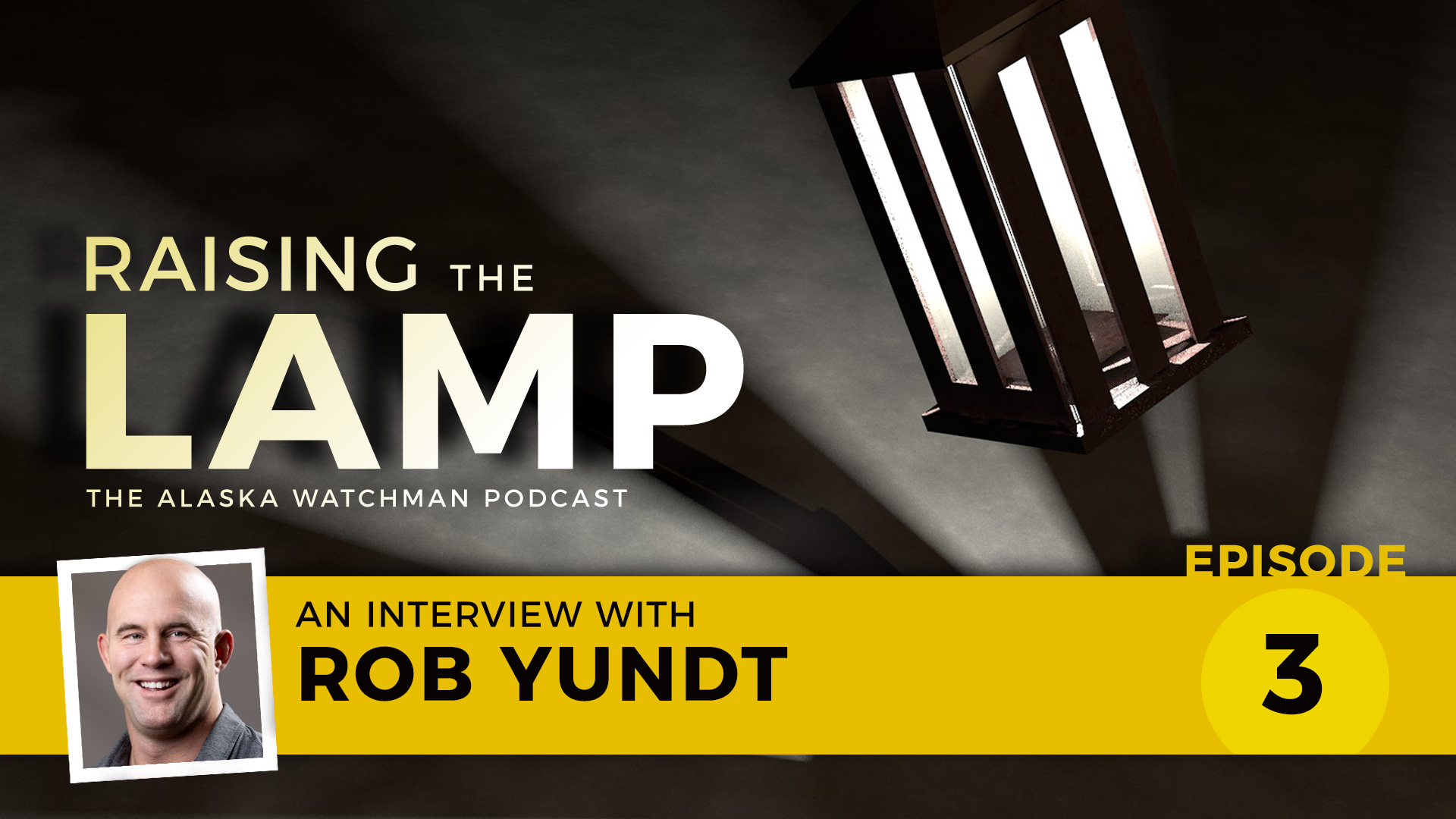
What do Soapy Smith, Antonin Scalia, and an Alaska constitutional convention have in common? More than you think.
First, a little history on Jefferson Randolph “Soapy” Smith. Jeff Smith was a colorful American con artist in the late 1800s. He went to frontier boom towns like Denver, Colorado and used confidence games to defraud people of their cash; when that didn’t work, he threatened them with his gang. He eventually came to Skagway during the Klondike Gold Rush, where he was killed by Frank Reid in a shootout.
ALASKA WATCHMAN DIRECT TO YOUR INBOX
Smith got the nickname “Soapy” from his soap-selling con game. He would set up shop on a street corner, hawking 5-cent bars of soap, and showing the growing crowd that he was randomly including money in some of the soap packages – even hundred-dollar bills. Human nature being what it is, people were willing to buy the bar of soap for a chance to win big. That the cash-laden soap was only sold to Smith’s own shills in the crowd was a minor, but crucial, part of the operation. Meanwhile, the rest of the uninformed buyers (also known as the “public”) bought the soap, sometimes at auction prices. This maneuver could also be called “looking over the heads of the crowd and picking out your friends.”
So what does this have to do with the late, great conservative jurist, U.S. Supreme Court Justice Antonin Scalia?
Imagine that – elected legislators making law.
In the 2005 case Roper v. Simmons, our nation’s high court ruled that executing a juvenile for murder was “cruel and unusual punishment,” and, therefore, unconstitutional under the 8th Amendment – despite the fact that the same court decided that it was constitutional merely 15 years before. Why the change of heart? Evolving standards of decency, supported by psychological and sociological studies and foreign law, all indicate that it is now unconstitutional. And, because five justices now say so.
Scalia, in one of his most famous dissents, called the court out for this sleight-of-hand:
“In a democratic society legislatures, not courts, are constituted to respond to the will and consequently the moral values of the people.” Imagine that – elected legislators making law. Scalia didn’t end there: “the majority of the Court looks to scientific and sociological studies, picking and choosing those that support its position. It never explains why those particular studies are methodologically sound; none was ever entered into evidence or tested in an adversarial proceeding. . . . In other words, all the Court has done today, to borrow from another context, is to look over the heads of the crowd and pick out its friends.”
Sound familiar? But there’s more.
Article 13, section 3 of Alaska’s constitution requires that the call for a constitutional convention be put to the voters of the state every 10 years; the next one’s in 2022. Simple majority wins – but it’s never happened. Right?
In 1970, 34,911 Alaskans voted yes for a constitutional convention, and 34,474 voted no. The “yes” votes squeaked it out by 437 votes. But you’ve never heard about the 1970 constitutional convention because it never happened. The judiciary stopped it. In the case Boucher v. Bomhoff, the Alaska Supreme Court determined that the question on the ballot “so far departed from the constitutionally prescribed form of ballot that the electorate’s right to vote on the question was impermissibly infringed.” How did it determine this? Expert opinion, which was – in turn – based on two “weather vane” or “bellwether” precincts in Anchorage. And that, ladies and gentlemen, is how the will of the voters was determined to be exactly the opposite of the vote result – by “looking over the heads of the crowd and picking out your friends,” in this case, an expert political scientist and two precincts in Anchorage.
Folks, we voting Alaskans are the crowd. We are the public. And, in a democratic republic like ours, votes are supposed to reflect the will of the people. It should not be possible for a court to defy a voting result as important as a constitutional convention by the insertion of expert testimony from a political scientist. To wield this sort of power is, in the words of Scalia, to replace judges of the law with a committee of philosopher-kings” – or, maybe, Soapy Smith’s gang.
The next vote for a constitutional convention is 2022. And, in my opinion, it’s about time.








8 Comments
The problem as I see it today is, to many uninformed individuals. At the last minute they vote the way a friend or relative tells them to and the system is corrupted because of it for another ten years. Now if people would do their constitution duty and find out about the issues or people the outcome of elections wouldn’t be anything like we’ve been seeing of late. A good example is our teachers union. One corrupt individual and you get thousands of sheep voting for them with no clue.
Take your time people do your home work and figure out who/what your candidate is all about. I’ve heard since the presidential election so many people complaining about Biden but their reason for voting for him is they didn’t think Trump was any good. Now they’re finding out how much Trump was doing for our country. Let’s just hope we can survive till next election.
May GOD bless America and keep us free!
From the judge who ruled the PFD an apple to be plucked by Bill Walkers corrupt administration to every dirty rat bastard Legislature that has pissed on their oath and stolen our PFD,s… Your time is coming and your ass will go to jail…. Your lies and justifications to steal and divide our PFD,s to your Corrupt Unions and special interest days are over,,,,, You have held the truth down too long and we all know it as this Maricopa Audit is gonna bust you corrupt bastards chops…. Its coming and you or your Dominion purchasers of your rotting souls cannot stop it…… The saying is that the corrupt will not be able to walk down the street,,,,, So sick of you pathbreaking shills of evil… You made your bed THEIF ,,,now sleep in it… The truth is coming…
Oathbreaking not Pathbreaking,,,,, a little steamed…
Can’t wait to read the indictments and its revealed how much money they sold their souls for.
Amen to that,,,
Chinese rocket fall this weekend . Will it land on the 3 Gorges Dam?
Mike Lindell tosses a scare to DOMINION and all who in Alaska who took part in this evil,,,, We have the machines,,, This should wake every man and woman in ALASKAN GOVT AS THE HAVE STOOD SILENT,,,, TREASON IS COMPLICIT,,, SILENCE IN THE FACE OF FOREIGN INTERFERENCE IS TREASON… WE HAVE WARNED AND WARNED YOU,,, YOUR OATH HAS BECOME YOUR ALBATROSS.. You thought it would go away but it has only grown…… treason!!!!
Why isn’t our legislature and our Governor/Lt Governor questioning our use of the Dominion Voting Machine? Why aren’t they banning it from Alaska based on the cheating? Do we think we are exempt from being scammed? Some answer saying that it is not Dominion but that we “almost” won. What he and others do not believe is that according to the cheating we will always “almost win.”. Grier Hopkins, Adam Wool and Scott Kawasaki have cheated their way into office and think nothing of it. They are from the Interior Delegation. That is just a sampling of the whole legislature and they are Marxists who are there to create unrest and confusion but not get anything done that is worthy such as Voter Integrity. . Other districts have similar situations of dishonesty and fraud including the passing of Ballot Measure #2. The Lt. Gov. said that the Dominion Voting Machines that we used are just fine. How does he know that? According to Mike Kindel’s well-documented research, in every one of the 50 states voting was tampered with. Our voter roles said that we have many more votes than our population indicates. Why should we count on honesty in this state when the courts are overstepping and delegitimizing any effort by those governing to follow through for example with a constitutional convention? Get the courts out of what is not their business for a starter. The Supreme Court also overruled the lawsuit against Ballot Measure #2 as unconstitutional which put ranked file voting into place.